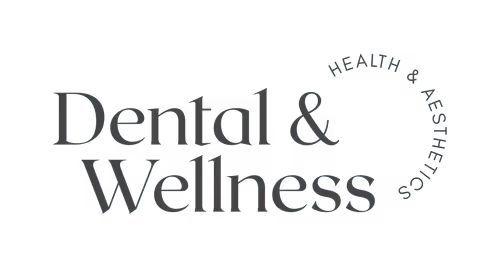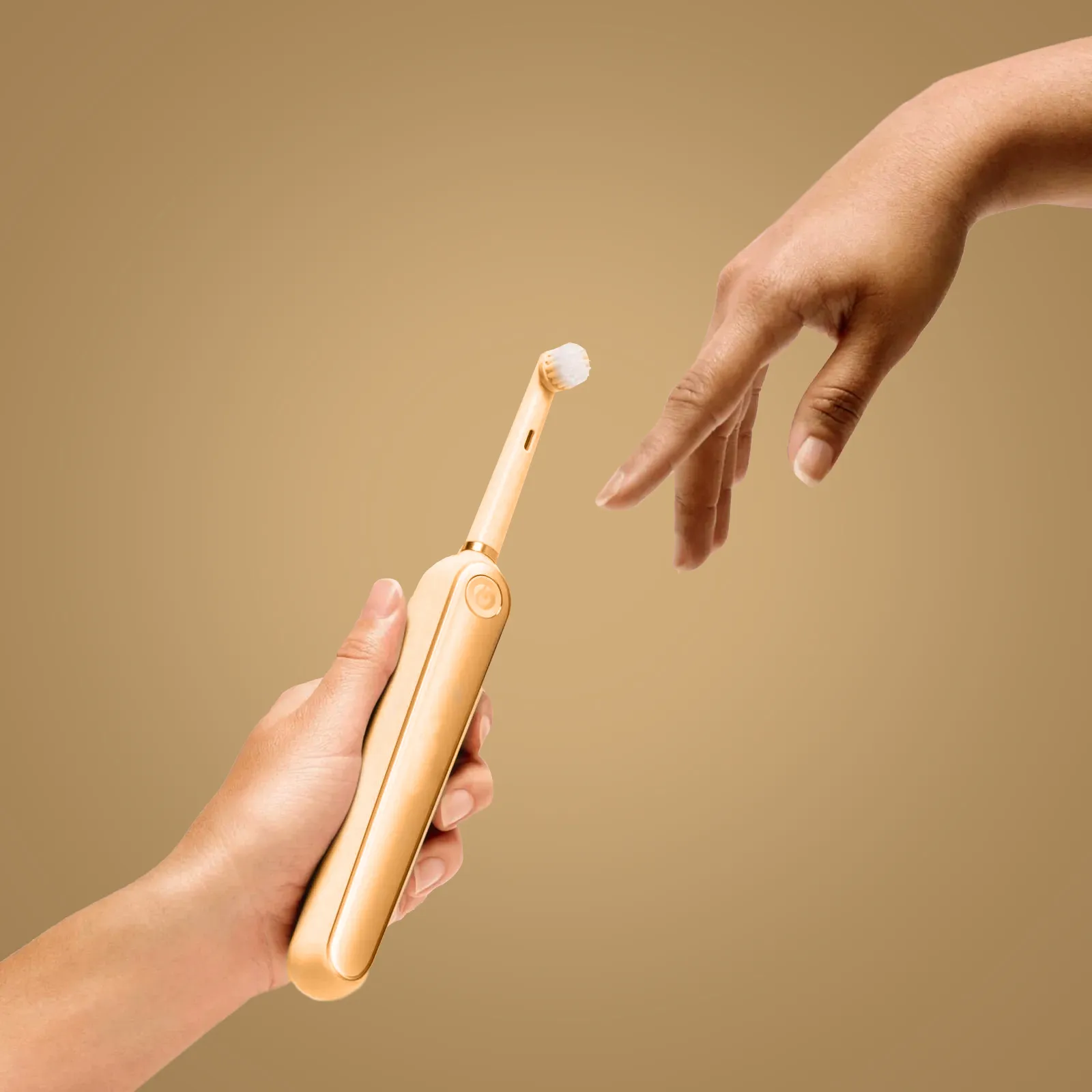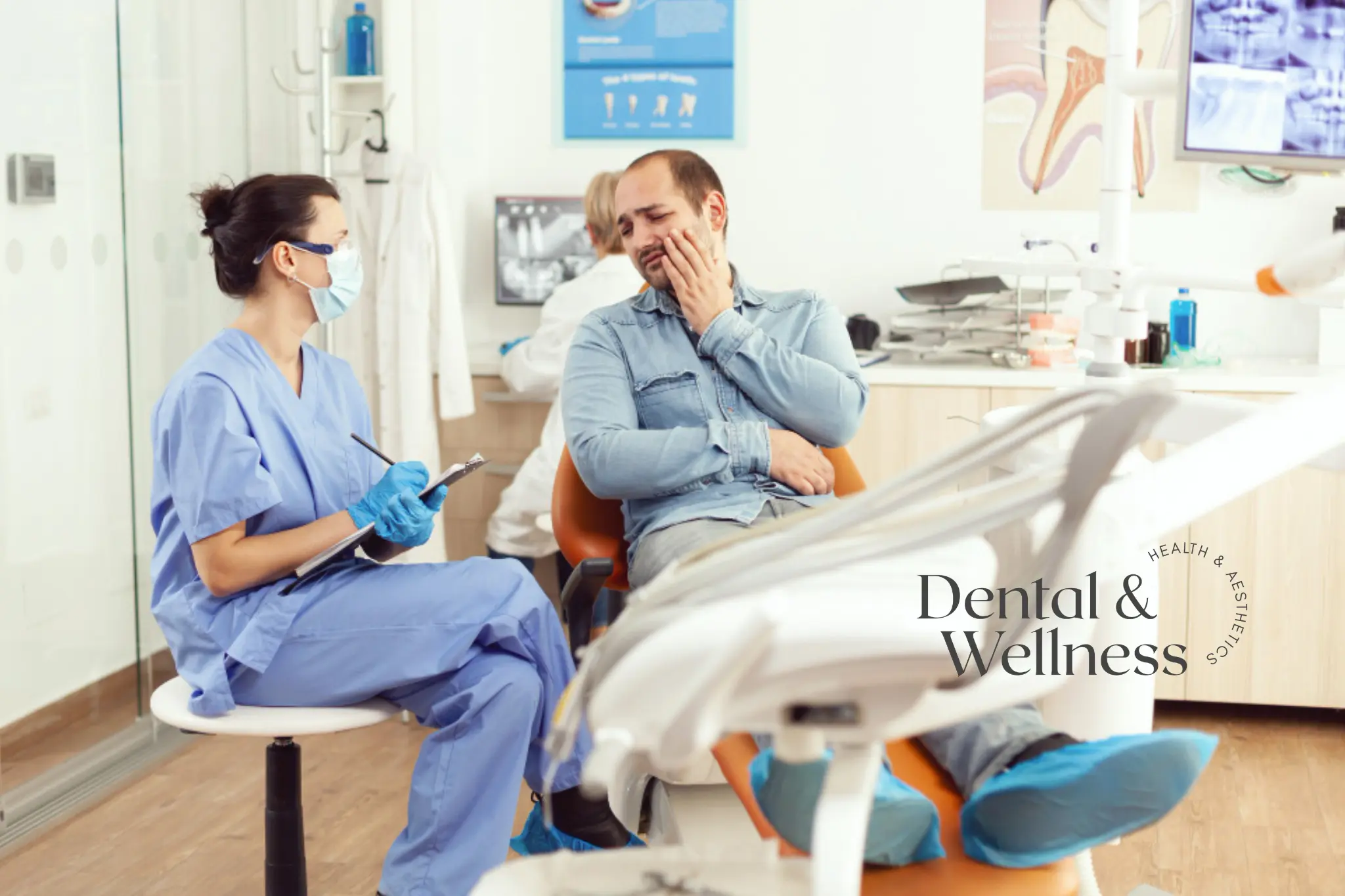TL;DR
- Emergency tooth extraction means quickly removing a badly damaged or infected tooth to stop pain and prevent infection from getting worse.
- Dentists do this when a tooth is beyond repair and is causing serious problems.
- Six signs you need to see a dentist right away for emergency extraction are:
- Severe tooth pain that won’t go away
- Swelling in your gums or face
- A tooth that is loose or moving
- A broken or cracked tooth causing sharp pain
- A wisdom tooth that is badly infected or unable to erupt properly
- Bleeding that doesn’t stop after injury
- After the extraction, you should follow the dentist’s care instructions to help with healing:
- Avoid eating hard foods
- Keep the area clean
- Take prescribed medicines
- Brush your teeth carefully
- Rinse your mouth gently
When to Get Emergency Tooth Extraction: Know 6 Important Signs?
Tooth pain and dental problems can be worrying, especially when the discomfort is too strong to ignore. While small dental issues may be treated with fillings or cleanings, some situations require urgent care, such as an emergency tooth extraction. This is when a dentist removes a tooth immediately to stop pain, control infection, or prevent damage to nearby teeth.
Although losing a tooth may feel scary, emergency extractions protect your oral health and bring quick relief. However, many people delay dental visits, which can lead to severe infections, long-term pain, or costly treatments later. So, here are six clear signs that mean it’s time for an urgent dental visit.
6 Signs You May Need an Emergency Tooth Extraction
As per our specialists at Dental & Wellness London, you may need an emergency tooth extraction in case of the following:
- Severe and Lasting Tooth Pain
Severe toothaches are one of the most common reasons people visit dentists. While occasional pain from eating cold or hot foods can be normal, constant and unbearable pain often signals serious trouble. If the pain spreads to your jaw or ear, makes it hard to chew, keeps you awake at night, or does not get better with medicine, you may need an emergency tooth extraction.
When pain is this intense, it may mean there is an infection inside the tooth or deep damage that cannot be repaired. Acting quickly prevents the spread of bacteria to other areas in your mouth.
- Swelling in the Gums, Jaw, and Face
Swelling in the gums, jaw, or cheek is often the first sign of a dental infection. The area may feel puffy, warm, or tender, and sometimes the infection causes fever or a general feeling of being unwell.
Rapidly growing swelling, difficulty opening the mouth, or pus under the gums signal that the infection is spreading. In such cases, an emergency extraction of the tooth may be needed to remove the source and prevent further complications.
- Broken or Badly Damaged Tooth
Sometimes, teeth can break due to accidents, sports injuries, or biting something hard. If a tooth cracks deeply, breaks into pieces, or becomes loose, immediate care is needed. When repair is not possible, the dentist may recommend emergency tooth extraction.
Timely treatment is important because broken teeth allow bacteria inside. Once the inner pulp becomes infected, the risk of spreading increases, and extraction can protect overall dental health.
- Gum Infection or Abscess
Gums play an important role in holding your teeth firmly in place. When infection spreads deeper into the gum tissues, it can damage both the tooth and the bone. This can lead to the formation of an abscess, which is a pocket of pus caused by the body’s response to infection.
If left untreated, the infection can spread to other parts of the mouth, jaw, or even the bloodstream, leading to serious health risks. In many cases, emergency tooth extraction is the safest way to remove the source of infection.

- Wisdom Tooth Complications
Many people start facing dental pain when a wisdom tooth erupts during their teenage years or early adulthood. If wisdom teeth do not come out properly, they become trapped or push against nearby teeth. This can cause infections, swelling, or misalignment that requires an urgent solution.
When pain and infection become severe, it often becomes a case of wisdom tooth emergency extraction. Removal clears the problem and prevents strain on the rest of the mouth. Wisdom tooth extractions are common since they often grow at strange angles and trap food. This can cause repeated infections, requiring urgent care.
- Unstoppable Bleeding or Poor Healing
While gums may bleed a little during brushing or flossing, heavy bleeding that does not stop is quite serious. This often indicates that an injured tooth or damaged gum is unable to heal on its own, making prompt dental attention essential.
A dentist will examine the site and may suggest an emergency tooth extraction if the damage is too severe. Quick action ensures bleeding is controlled and recovery is safe.
Things to Avoid After Tooth Extraction
When an emergency tooth extraction is done, aftercare is as important as the procedure itself. To recover faster, here are some things to avoid after tooth extraction:
- Do not smoke or chew tobacco, as it delays healing
- Avoid using straws since suction can dislodge healing blood clots
- Stay away from crunchy, sticky, or hot foods that disturb the healing area
- Do not poke the extraction socket with fingers or tongue
Instead, follow your dentist's advice, eat soft foods, rinse gently, brush carefully, and rest well. Good care prevents problems like dry socket and speeds up recovery.

Takeaway
Emergency tooth extraction means quickly removing a tooth when it is badly damaged, infected, or causing serious pain that cannot wait. Important signs to watch for include severe or constant toothache, swelling, gum bleeding, loose or wobbly teeth, big cracks or broken teeth, and signs of infection, like pus, bad taste, or fever. If any of these happen, seeing a dentist right away can prevent more harm and protect your oral health and overall well-being.
At Dental & Wellness London, our emergency dentist in Islington explains every step and offers same-day care to quickly ease pain and stop the infection from spreading. We also provide regular dental checkups in Islington and ensure that every patient receives the support they need for both routine and urgent dental concerns.
To book your appointment, you can call us at 020 8127 4567 or email reception@dentalskin.co.uk. You can also visit our clinic at 222 Essex Road, London N1 3AP.
FAQs
Can an emergency dentist extract my tooth?
Yes, an emergency dentist can extract a tooth if it is badly damaged, infected, or causing serious pain that cannot wait for regular dental hours.
How much for an emergency tooth extraction?
The cost of an emergency tooth extraction usually ranges from £120 to £200 for a simple case. For more complex cases, it may range between £250 and £500. Prices may vary depending on the dental clinic, extent of infection, and the dentist’s expertise.
Where can I get an emergency tooth extraction?
You can get an emergency tooth extraction at dental clinics and hospitals that offer emergency dental care. Many dentists provide quick treatment for tooth pain or damage any time you need it, even after clinic hours.
Is tooth extraction an emergency?
Tooth extraction may not always be an emergency. However, if the tooth causes severe pain, infection, or damage that needs quick treatment, you may need an emergency extraction. Waiting too long can make problems worse.
How long does a tooth extraction take?
A simple tooth extraction usually takes about 15 to 30 minutes to remove one tooth. More complex cases can take longer, sometimes up to an hour or more. The time depends on factors like the condition of the tooth, the method and technique used, and the dentist’s experience.
















